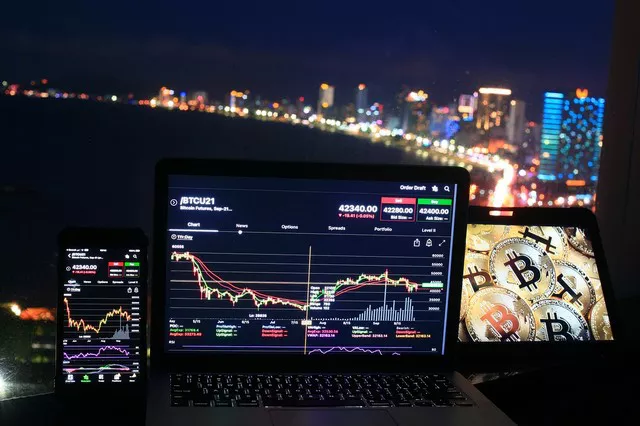In the dynamic realm of financial markets, commodities trading holds a significant place, offering investors and traders the opportunity to speculate on the future prices of essential goods. One such commodity that takes center stage is corn, a staple crop with far-reaching applications. Corn futures, a fundamental component of commodities trading, allow market participants to navigate the price fluctuations of corn.
Defining Corn Futures
Corn futures can be understood as standardized contracts that enable traders to buy or sell a specific quantity of corn at a predetermined price on a specified future date. These contracts serve as a means of price discovery and risk management for both producers and consumers of corn. Corn futures are traded on regulated exchanges, fostering transparency and facilitating efficient market interactions.
Functioning of Corn Futures
The mechanics of corn futures involve a buyer and a seller agreeing to a contract that outlines the quantity of corn, the price, and the delivery date. It’s important to note that while futures contracts are established, the majority are settled financially rather than through physical delivery of the commodity. This means that traders can close their positions before the delivery date by entering into an opposing trade.
Price Determinants
Several factors influence the price dynamics of corn futures. These include supply and demand fundamentals, weather conditions affecting crop yields, global economic trends, geopolitical events, and government policies related to agriculture and trade. Traders closely monitor these variables to anticipate price movements and make informed decisions.
Speculation and Hedging
Corn futures serve two primary purposes: speculation and hedging. Speculators aim to profit from price fluctuations by taking positions based on their market outlook. On the other hand, hedgers, such as farmers and food manufacturers, utilize corn futures to mitigate the risks associated with price volatility. By locking in future prices, hedgers safeguard themselves from potential losses.
Role in Agricultural Markets
Corn futures play a crucial role in agricultural markets by facilitating price discovery and promoting market efficiency. They provide valuable insights into future supply and demand dynamics, aiding stakeholders in making informed decisions about planting, harvesting, and distribution. Additionally, corn futures contribute to price transparency, ensuring fair dealings among market participants.
Conclusion
In the multifaceted landscape of commodities trading, corn futures emerge as a vital instrument for managing risk and capitalizing on market opportunities. These standardized contracts enable traders, producers, and consumers to navigate the complex terrain of corn price fluctuations. As you embark on a journey through the world of corn futures, remember that a thorough understanding of their functioning, price determinants, and relevance is essential. By harnessing the power of corn futures, market participants can navigate the ever-evolving landscape of commodities trading with confidence and acumen.
As you explore the intricacies of corn futures, embrace the potential they offer and approach your trading endeavors with prudence and insight. By staying informed and adapting to changing market dynamics, you can position yourself for success in the captivating realm of commodities trading.


